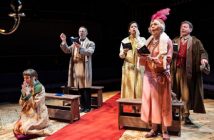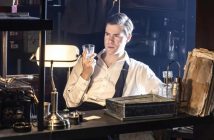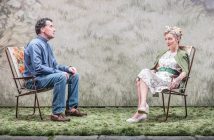Playwright Alexi Kaye Campbell’s debut, The Pride, is as bold an example of modern theatre as you are likely to find. Collecting several awards, including a coveted Olivier, after premiering at the innovative Royal Court Theatre in 2008, the landmark play about gay equality is making a welcome return to London. This revival, directed by Jamie Lloyd, is part of the Trafalgar Transformed season, which, considering it’s to be followed with The Confessions of Gordon Brown, proves the theatre is more than happy with its reputation for the controversial.
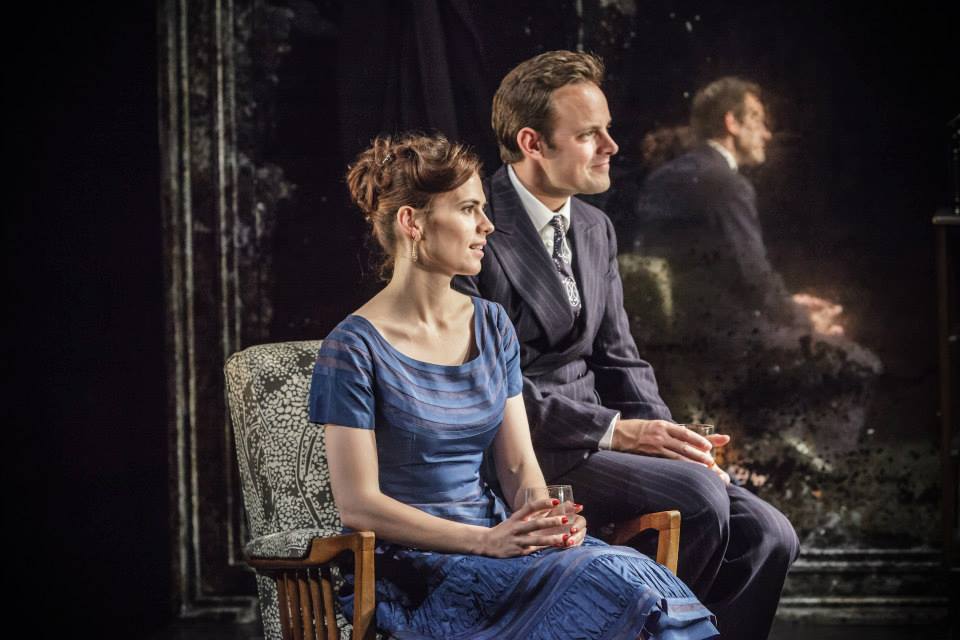
With a sparse yet symbolic design by Soutra Gilmour, consisting of a large mirror and barely any music, the latest production of The Pride leaves the cast of four, led by Hayley Atwell, nowhere to hide – each delivering a fearless portrayal of characters cleverly set in London in 1958 and the present day. From the first, the colourful and engaging dialogue commands attention, and even if the lines don’t always feel entirely natural, they are the core of an unfolding tale of homosexuality spanning 50 years, treading a fine line between the brave and the sanctimonious.
All too often I hear plays described as ‘thought-provoking’, but I defy anyone, gay or straight, not to find themselves reflecting on what is in essence a portrait of society’s changing attitude and perception of sexuality. Through the characters of Oliver (Al Weaver) and Philip (Harry Hadden-Paton) we explore what it means to be a social outsider during the pseudo-respectability of the middle class 1950s, when to be homosexual was not only considered a crime but a mental illness. With Russia’s anti-gay laws currently making headlines, The Pride tackles repression, self-deception and identity. From the moment Oliver arrives at the home of his new employee, Sylvia (Hayley Atwell), the awkward body language of her husband, Philip, reveals where this introduction will inevitably lead.
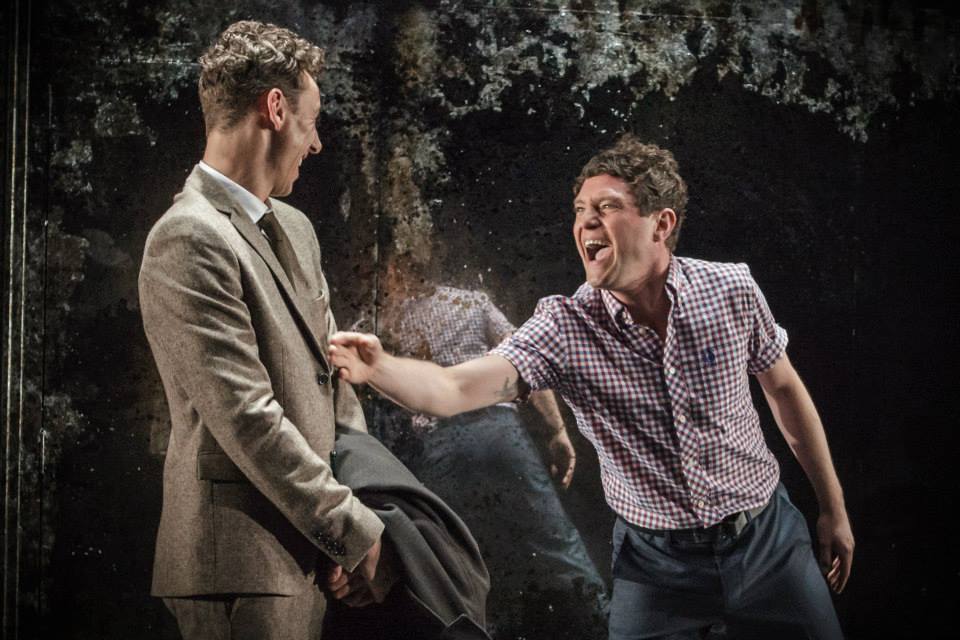
The ensemble brilliantly conveys the tension of the situation, creating an atmosphere that makes you want to shift in your seat. Sylvia isn’t simply a woman feebly attempting to gloss over the flaws in her marriage, she is complicit in bringing her husband’s homosexual feelings to the surface, despite this jeopardising the very foundations of her life. Poignantly, Sylvia describes her appearance in the mirror as: “a woman who has forgotten herself and has been forgotten.” Atwell confidently switches between her roles as effortlessly as adopting a pair of glasses. Her characters appear to exist in a parallel universe; from isolated Sylvia escaping a passionless marriage, Atwell is suddenly transported to the present day setting and the quirky bespectacled Sylvia, best friend of the promiscuous sex-addict Oliver, whom she supports through his break up with photographer Philip.
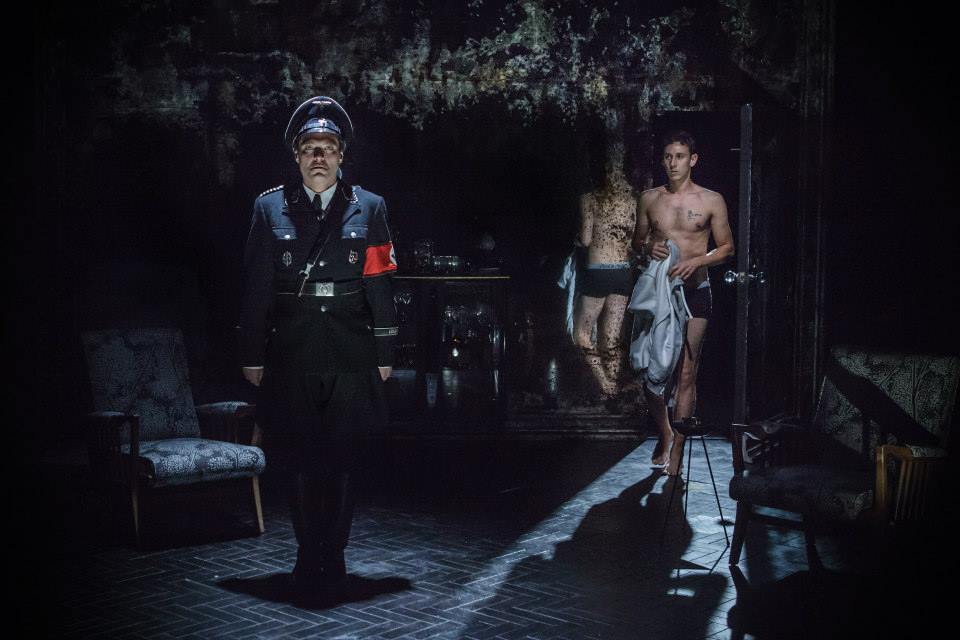
The play questions whether the contemporary characters are more or less enlightened than those living in the Fifties, with Weaver and Hadden-Paton superbly intense as the couple fated to be lovers in both eras. Mathew Horne provides much needed light-relief with hilarious cameos including a 1950s psychiatrist determined to ‘cure’ Philip’s homosexual fantasies, and a modern day rent boy in a Nazi SS uniform. The Pride doesn’t go softly with the statement it makes; complete with an age guidance of 16+, expect skin on skin action, lewdness, and a startlingly entertaining evening.
The Pride at Trafalgar Studios, 14 Whitehall, London, until Saturday 9th November 2013. Running time approximately 2 hours including an interval. For more information and tickets visit the website.


